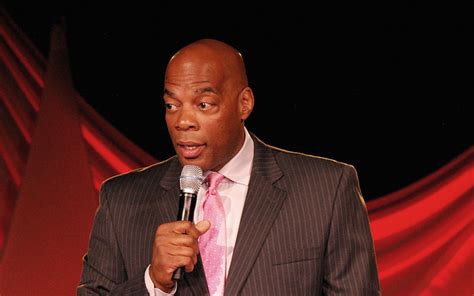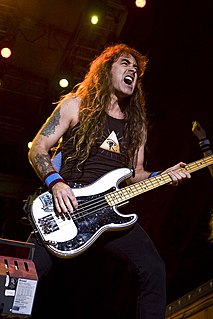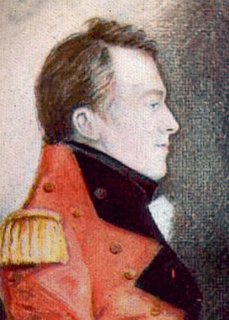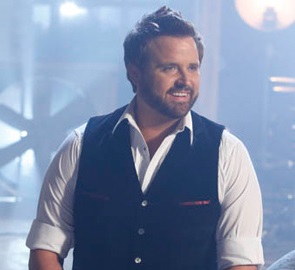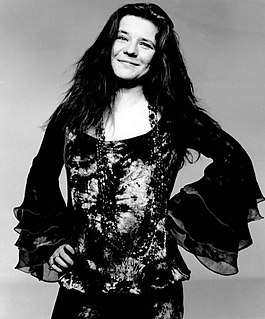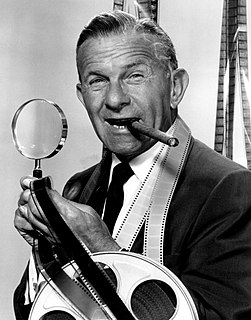A Quote by Harper Lee
You've really got to start hitting the books because it's no joke out here.
Related Quotes
About a year after I moved to Los Angeles, I decided I wanted to be a joke writer for a late night talk show. So I met with a late night joke writer and he told me that I should start by doing stand-up comedy, because that would really hone my sense of humor and joke writing ability. Eventually I took a stand-up class and a few months later I had a seven-minute act.
I firmly believe that every six years, a person goes through a serious change. Think about it: At 6, you start school. At about 12, you start hitting puberty. And then it goes on. You start hitting these different mental levels, and people change. I think that's part of the reason the divorce rate is so high.
I'm such an old fart that I started buying books on film and TV and radio and music when, for television, the entire shelf of books was only a couple of them. You go into the '70s before you start getting books on TV that you start wanting to collect. And by the time that you get to something like the Brooks and Marsh book it's invaluable. My house got hit by lightning in 1989 and burned down. And I got more than a half dozen Brooks and Marsh books sent to me by friends immediately, as though that's what you need more than clothes or food. That's how treasured that book was.

